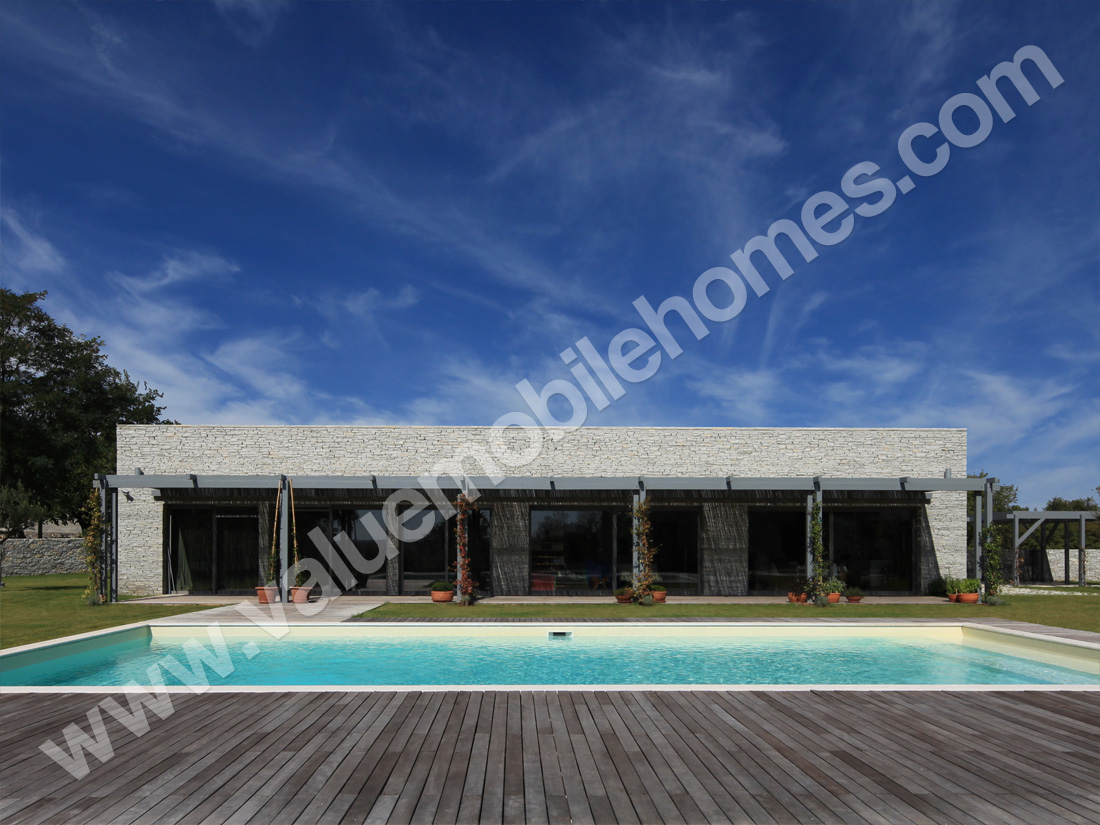The Town and Country Planning Act 1990 and the Caravan Sites and Control of Development Act 1960 both use the term ‘Incidental to the enjoyment’ with reference to the use of a structure or caravan in association with the main house.
The term ‘incidental’ is not defined in planning law. A dictionary definition reads “happening as a minor accompaniment to something else.”
In general planning terms incidental means accompanying something. Often referred to as ‘ancillary use’ – meaning supporting. The use of the caravan must accompany or support the use of the dwelling house, this way a ‘change of use’ of the land has not occurred. If a caravan is used in connection with the house and not say a business operation or rented as holiday accommodation, then the use of the caravan may be described as being ‘incidental to the primary uses of the dwelling house’.
An alternative interpretation is sometimes advised. Living, sleeping, eating and washing are often referred to as ‘primary’ uses of a residential property. If a caravan is used for such purposes by members of the household as part of the overall use of the house, there will not be a material change of use requiring planning permission of the property as a whole.
Authorities can often be concerned a caravan or mobile home could be used as an separate dwelling as it may have all the facilities that allow independent living. This is further complicated by the legal requirement that a caravan must be ‘designed or adapted for human habitation’. Meaning capable of being lived in.
Although a caravan can have full living, sleeping, washing and cooking facilities (designed for habitation) and be used in a residential manner on an on-going basis under the primary use of the house, the use should accompany or depend on the house in a vital or non-trivial way.
Each situation of use is unique. A clear example of where permission is unlikely to be required would be resident family members who sleep and wash in the caravan but have meals, store belongings and conduct daily activities in the dwelling house. The caravan itself might also depend on the services and access to the main dwelling.
An example of a material change of use and/or non-incidental use would be use by a person who has had no previous association or relationship with the property owners and the caravan has its own access and service connections.
